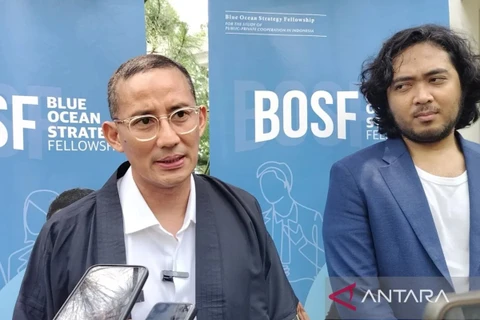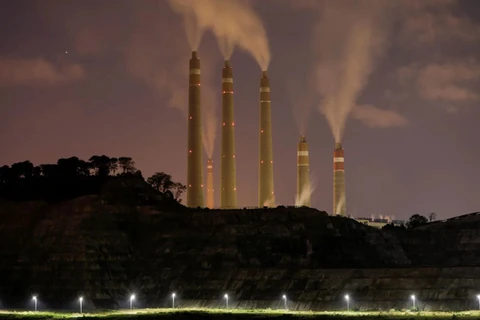Jakarta (VNA) – Indonesia has announced new incentives to encourage sales of locally-manufactured and imported electric vehicles (EVs), in its latest bid to boost the use of environment-friendlier cars as well as attract investment to its domestic EV industry.
The detailed incentives are a follow-up to a December-announced tax incentives plan for locally manufactured and imported EVs in the coming years.
Under new rules made public on February 20, Indonesia will remove luxury tax on EVs for the 2024 fiscal year and import tax until the end of 2025.
The regulations will also lower value-added tax to 1% from 11% for EV buyers this year, extending a tax break that had expired at the end of 2023.
The Indonesian government said the incentives are aimed at stimulating domestic demand for EVs while attracting investment by automakers.
According to Rachmat Kaimuddin, deputy coordinating minister overseeing EV sector development, many EV makers have disclosed their plans to export vehicles to Indonesia since the government announced its intention to introduce incentives.
Indonesia aims for 600,000 EVs to be domestically produced by 2030. This figure will be more than 100 times the number sold in Indonesia in the first half of 2023. The Southeast Asian nation strives to become a global EV production hub, leveraging the country's vast nickel reserves, an important material for EV batteries./.
The detailed incentives are a follow-up to a December-announced tax incentives plan for locally manufactured and imported EVs in the coming years.
Under new rules made public on February 20, Indonesia will remove luxury tax on EVs for the 2024 fiscal year and import tax until the end of 2025.
The regulations will also lower value-added tax to 1% from 11% for EV buyers this year, extending a tax break that had expired at the end of 2023.
The Indonesian government said the incentives are aimed at stimulating domestic demand for EVs while attracting investment by automakers.
According to Rachmat Kaimuddin, deputy coordinating minister overseeing EV sector development, many EV makers have disclosed their plans to export vehicles to Indonesia since the government announced its intention to introduce incentives.
Indonesia aims for 600,000 EVs to be domestically produced by 2030. This figure will be more than 100 times the number sold in Indonesia in the first half of 2023. The Southeast Asian nation strives to become a global EV production hub, leveraging the country's vast nickel reserves, an important material for EV batteries./.
VNA























